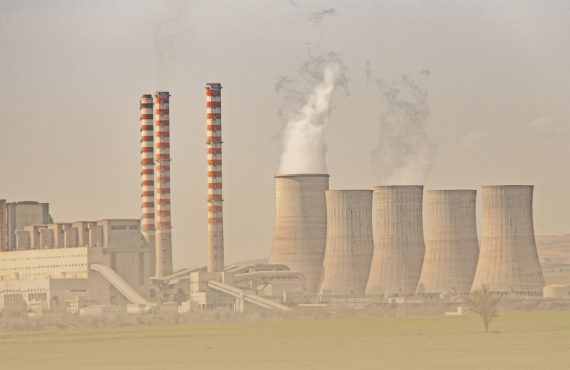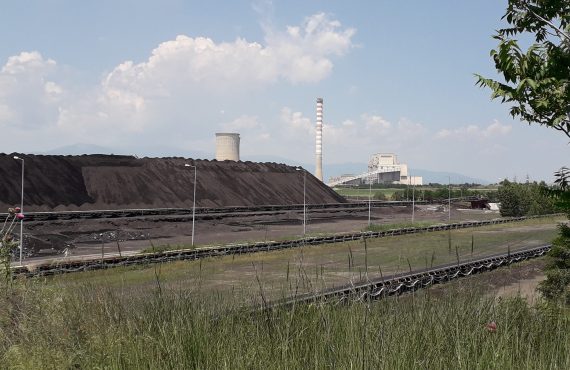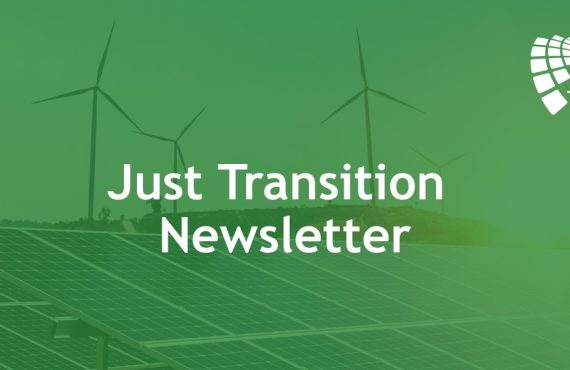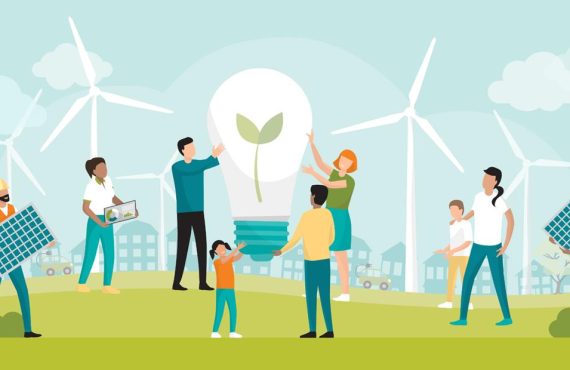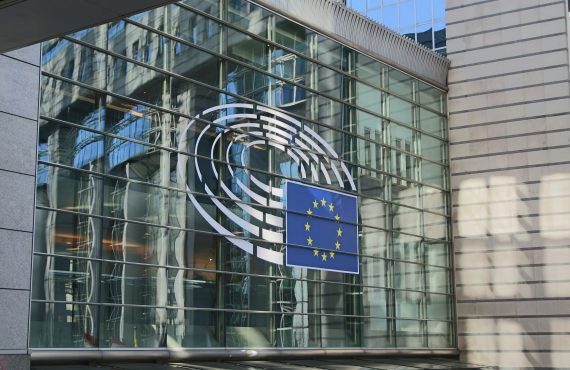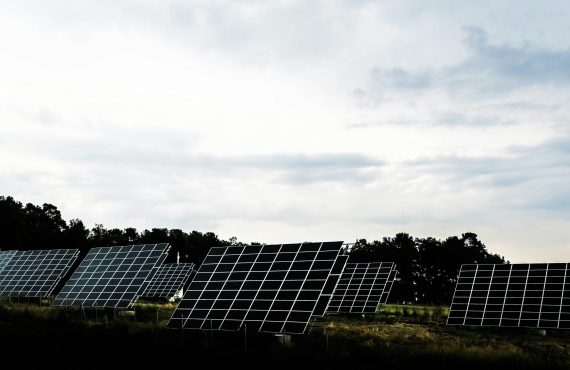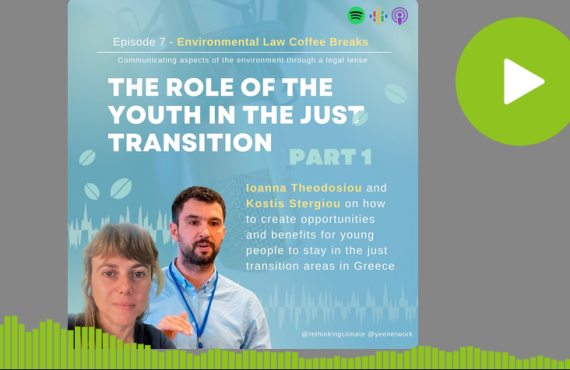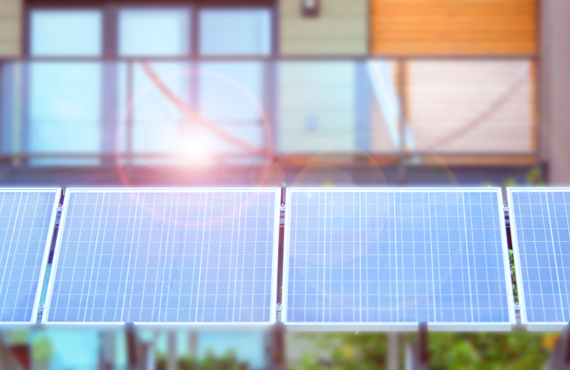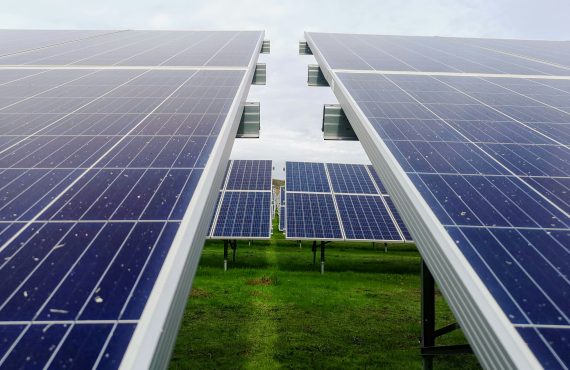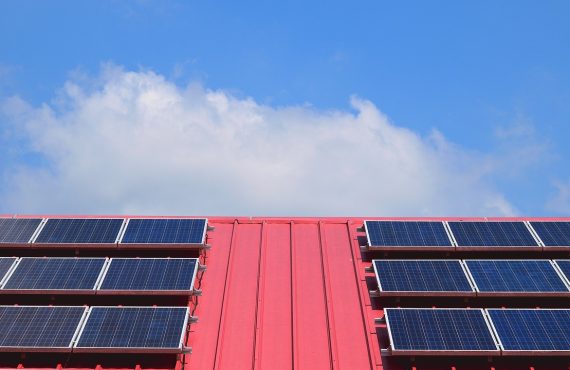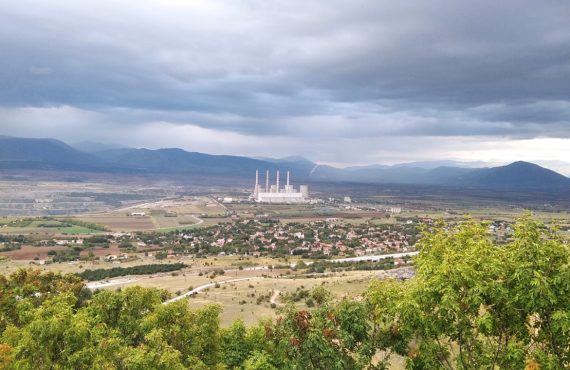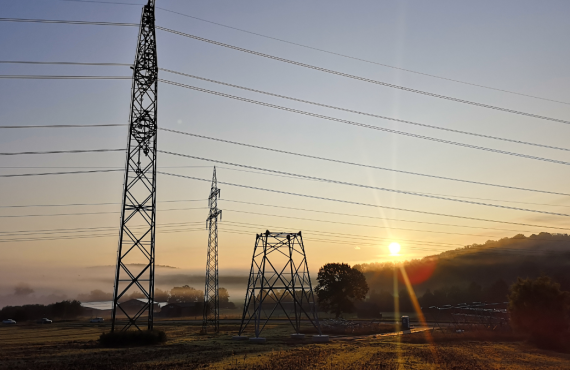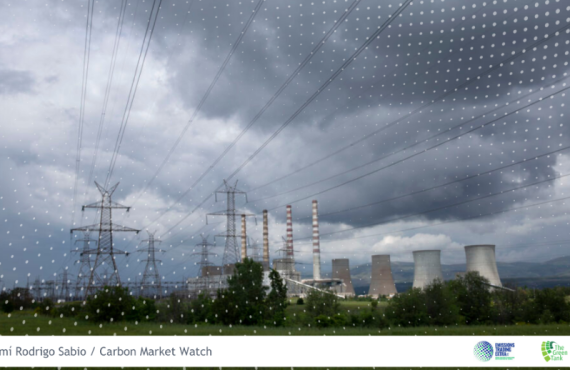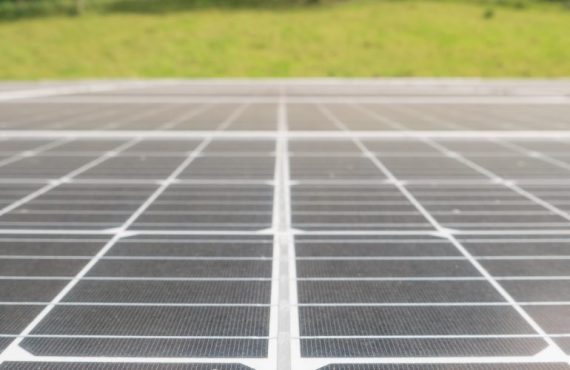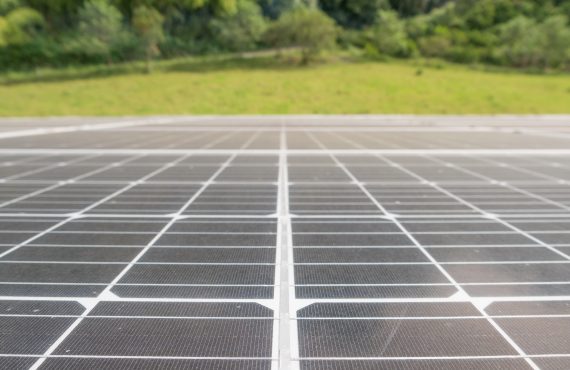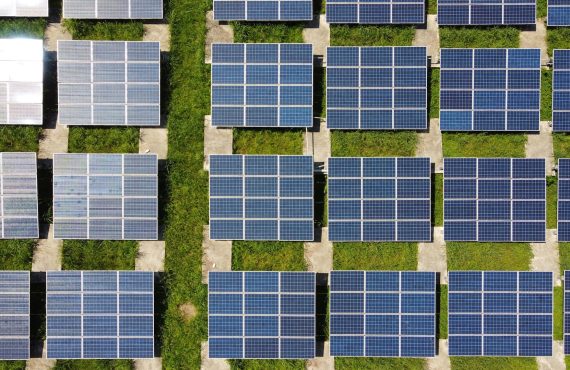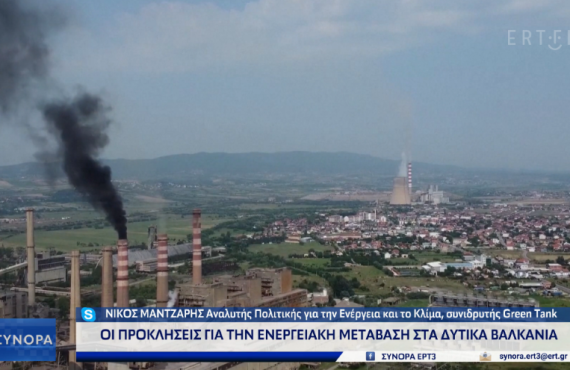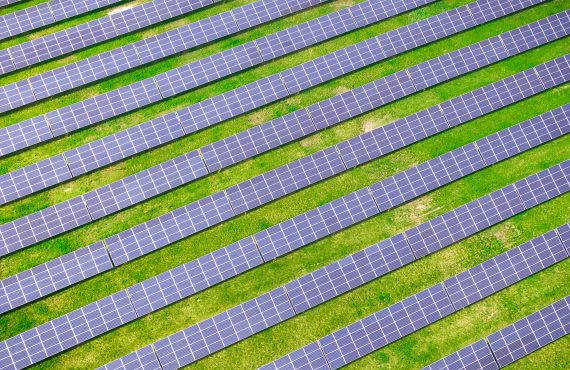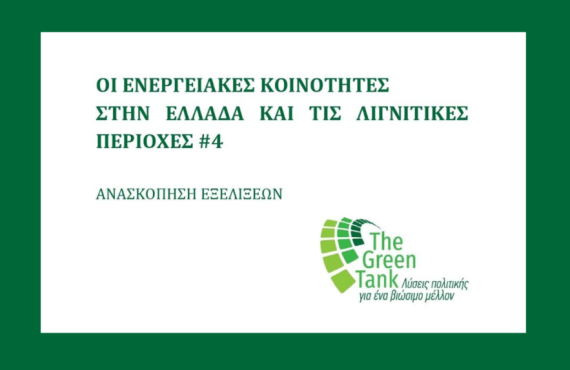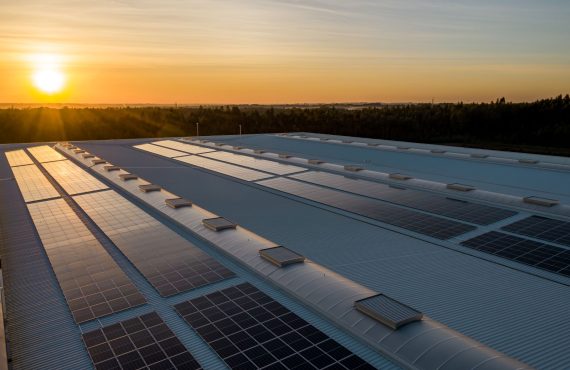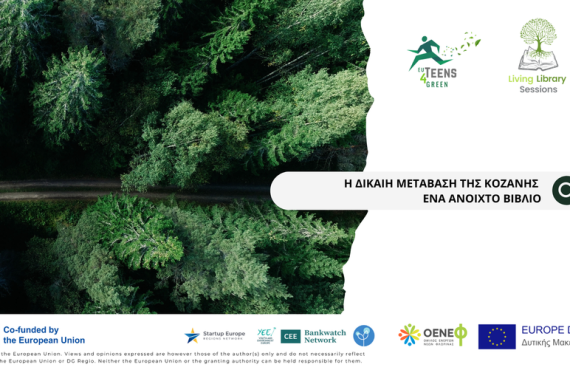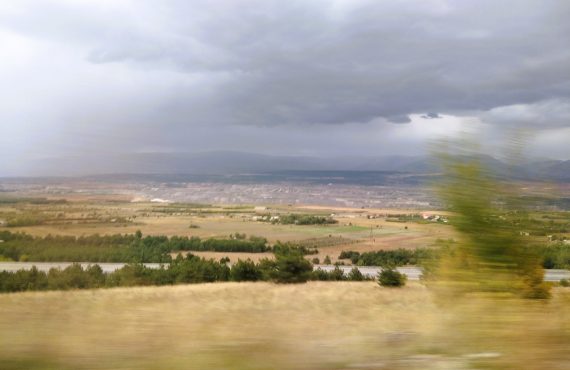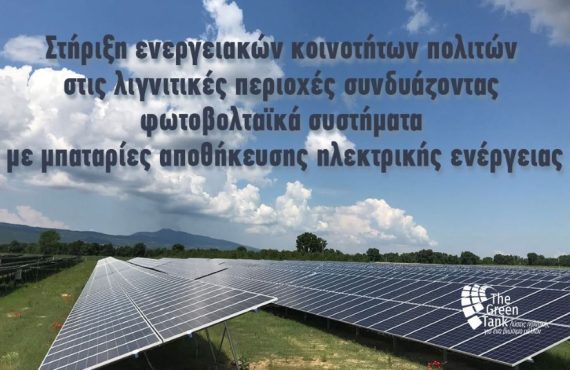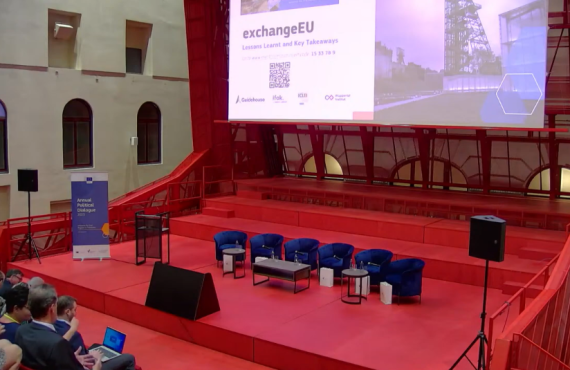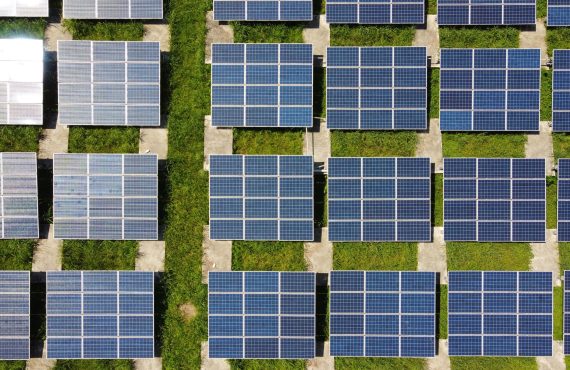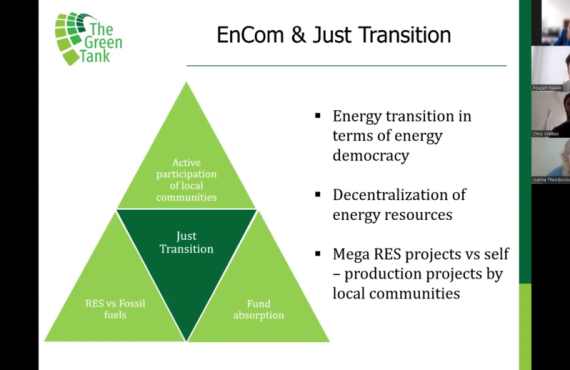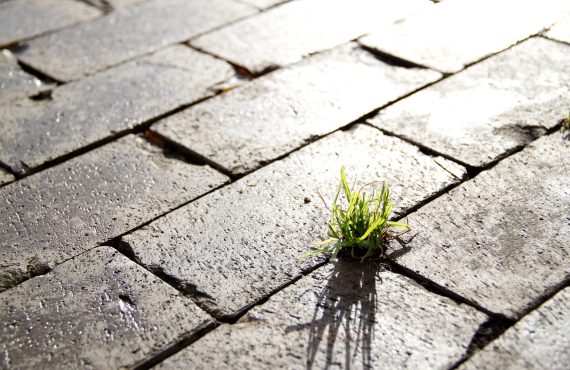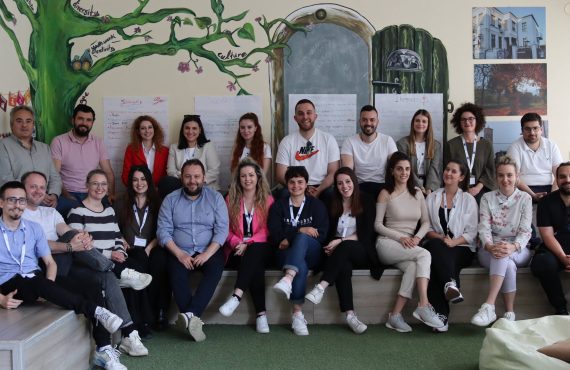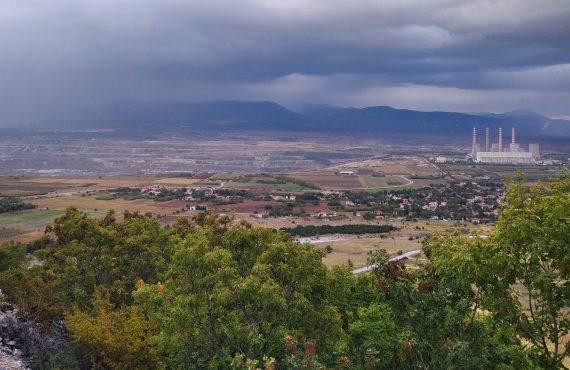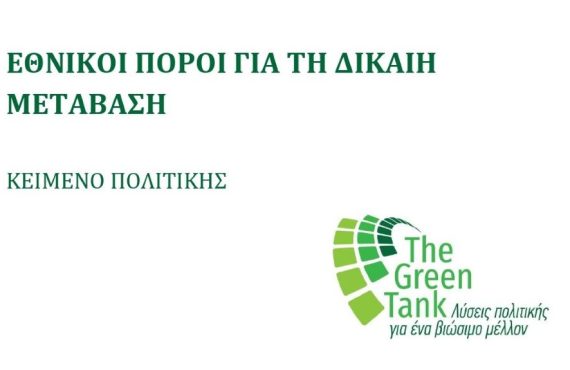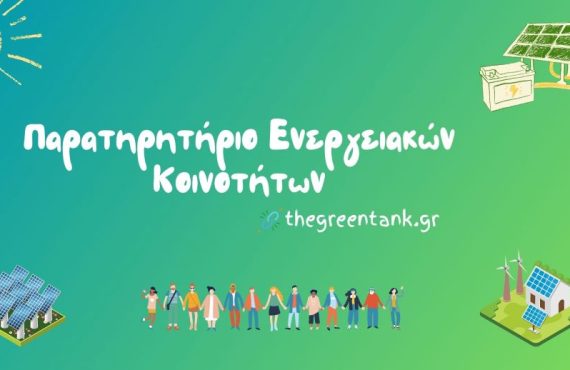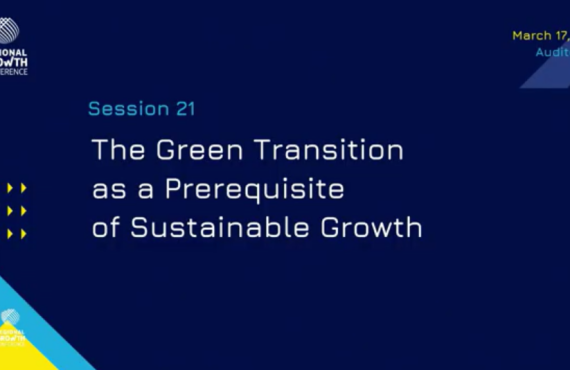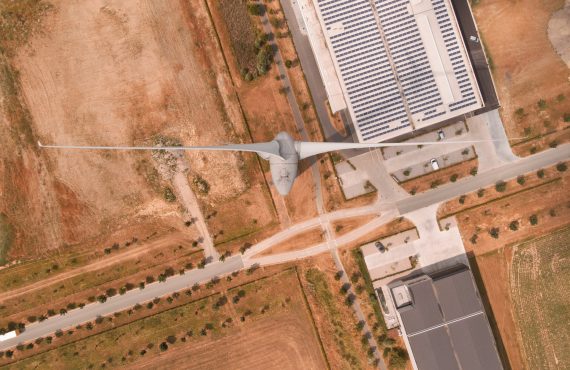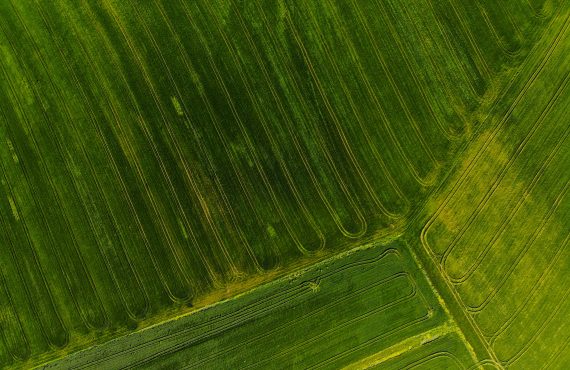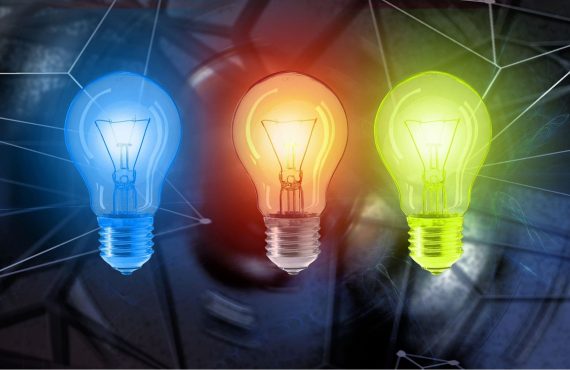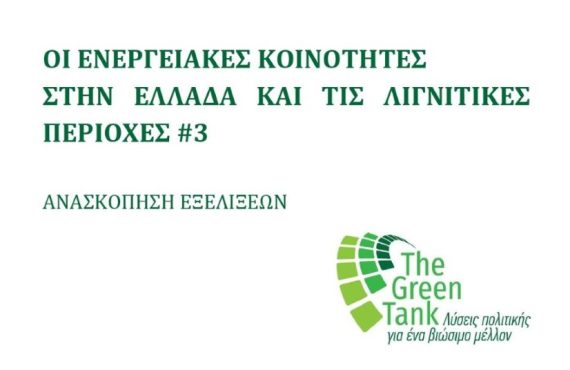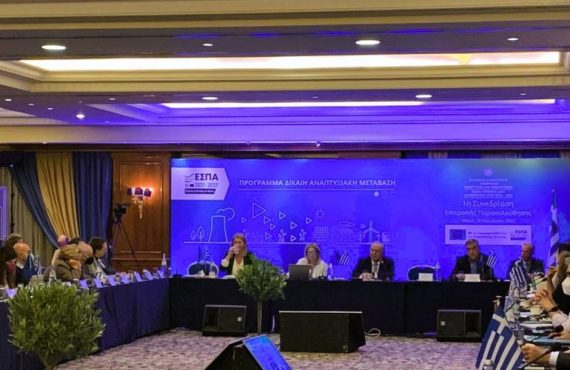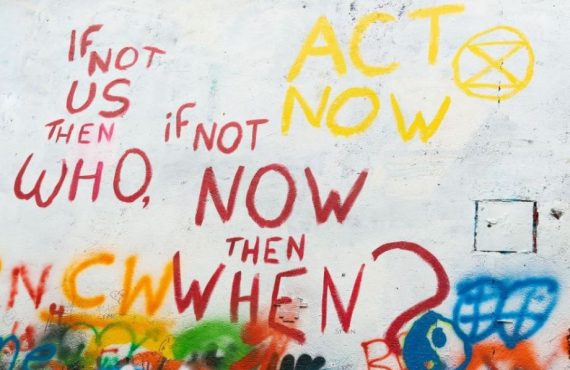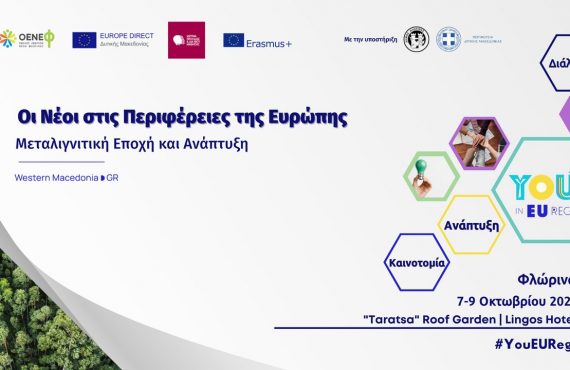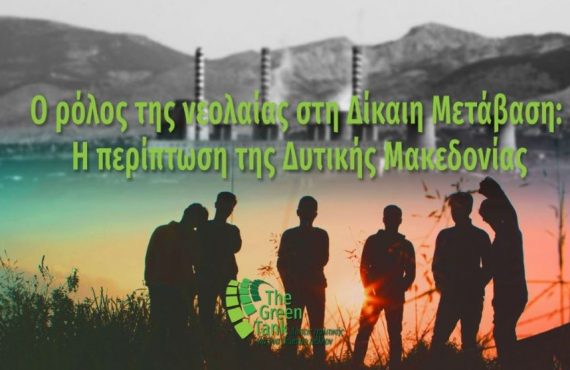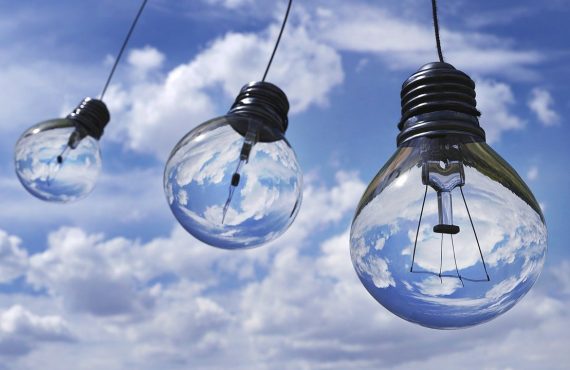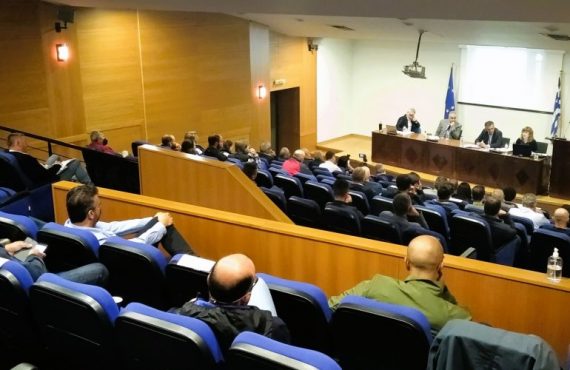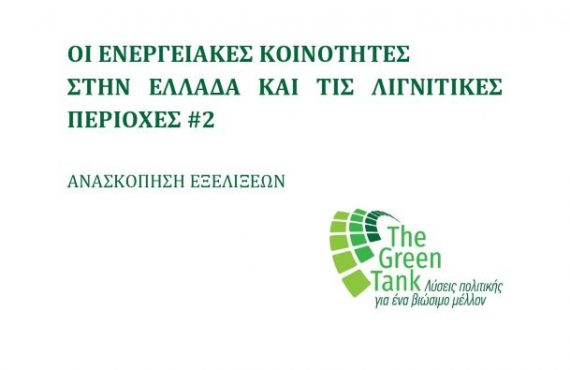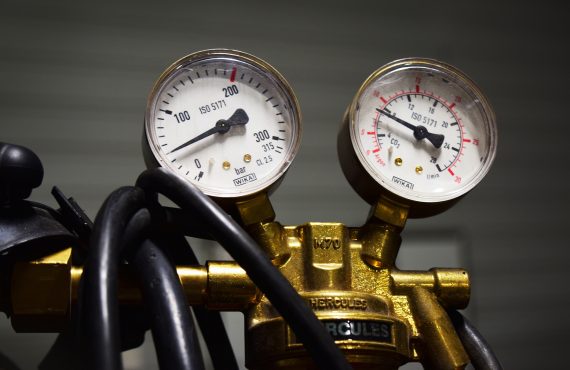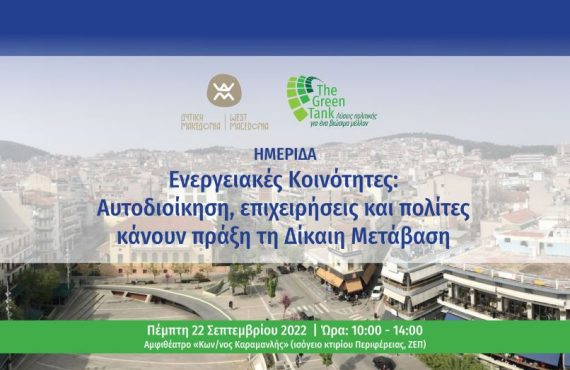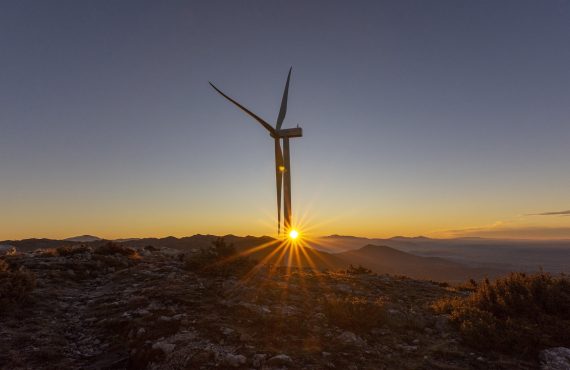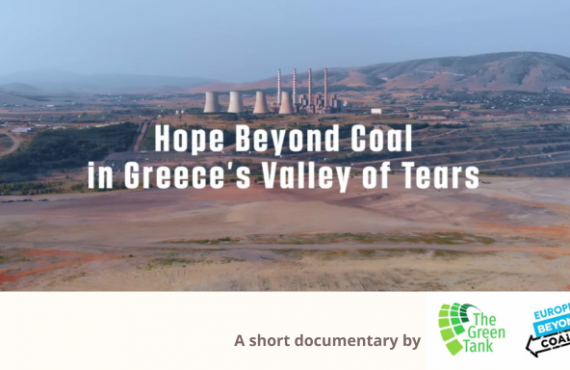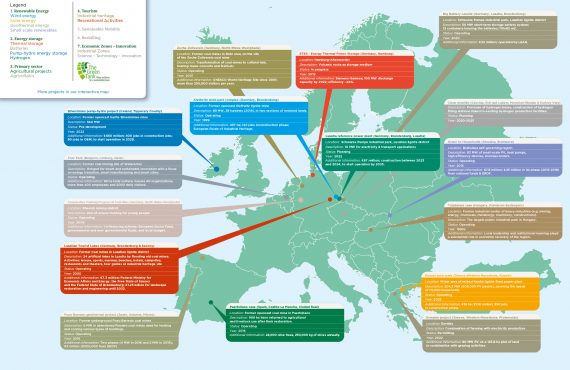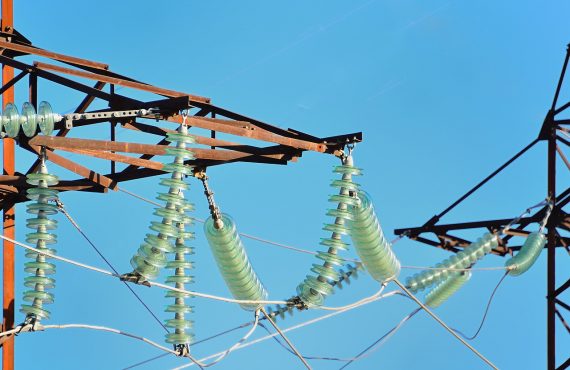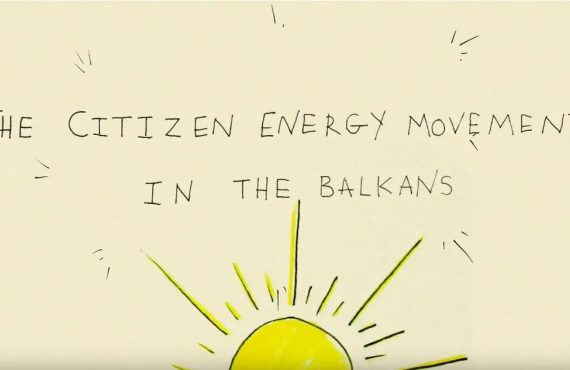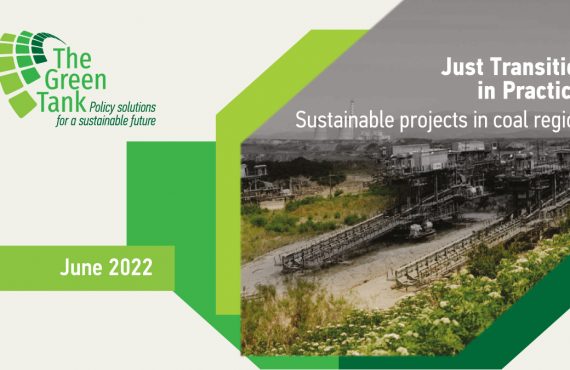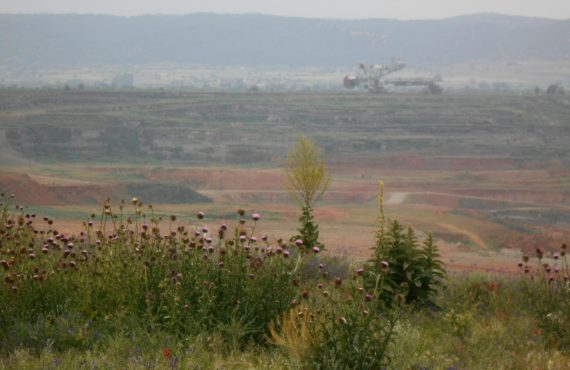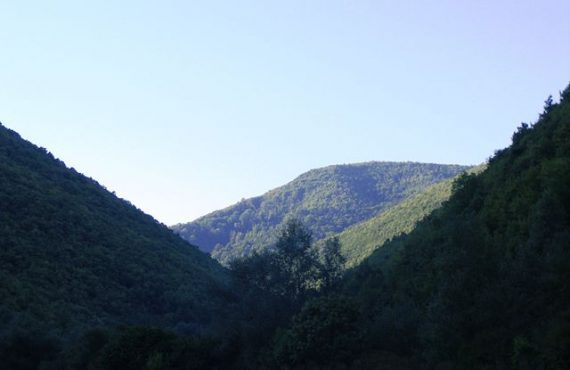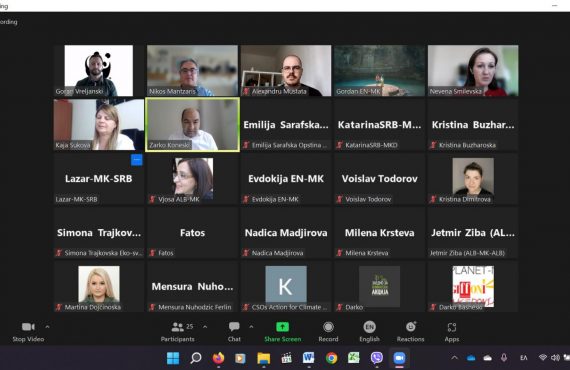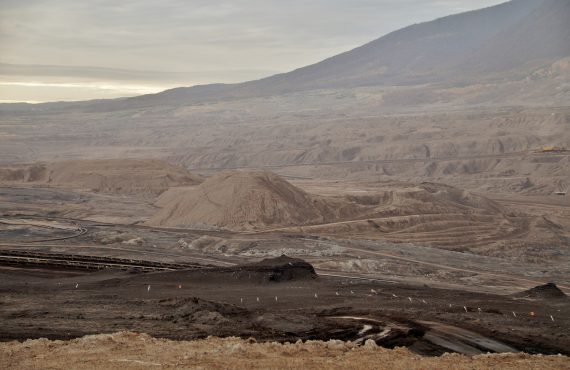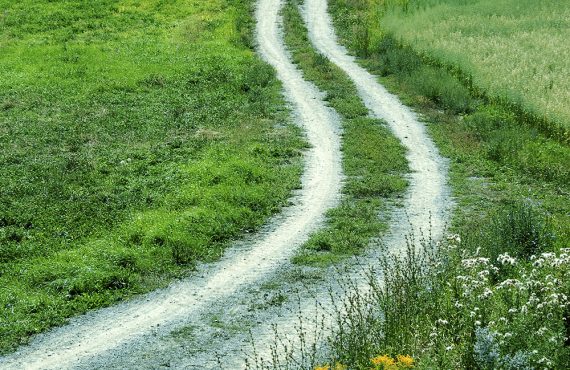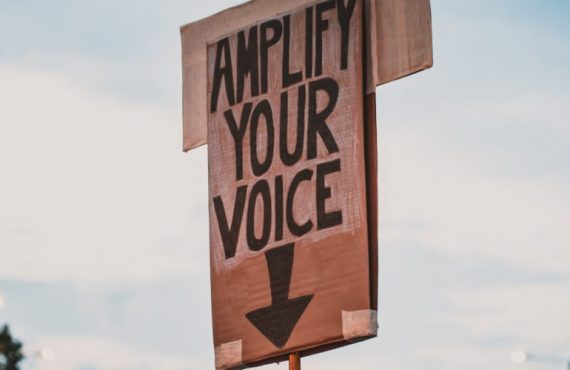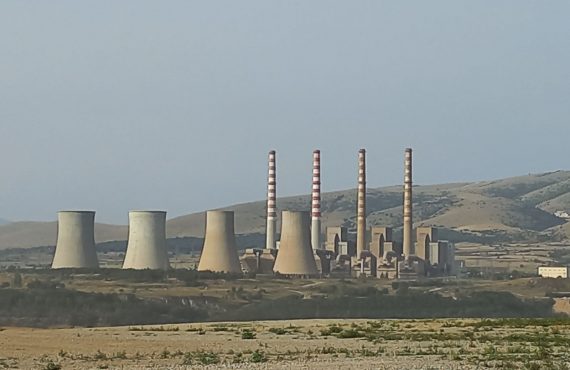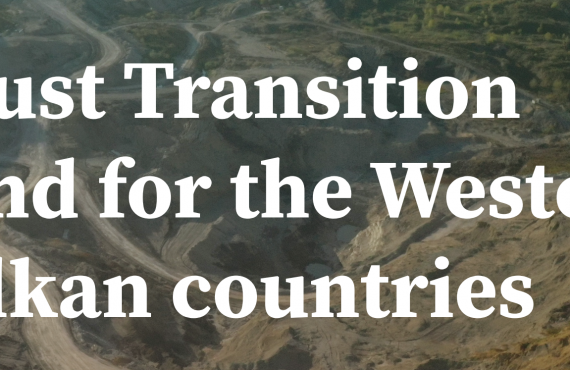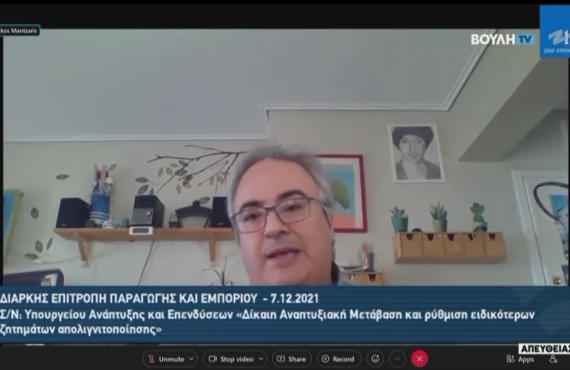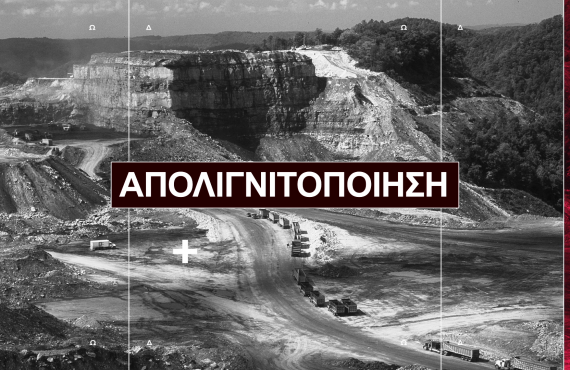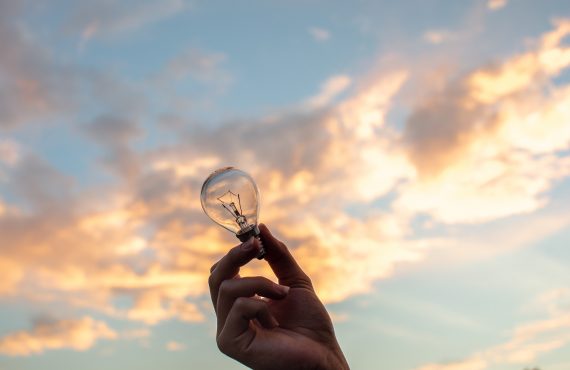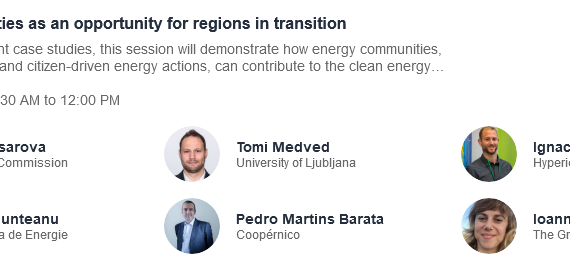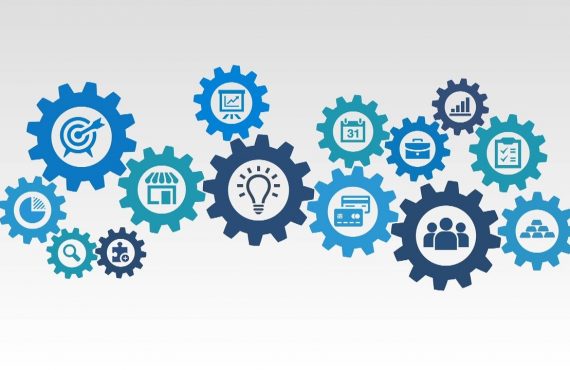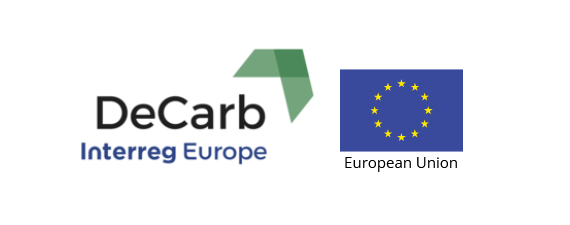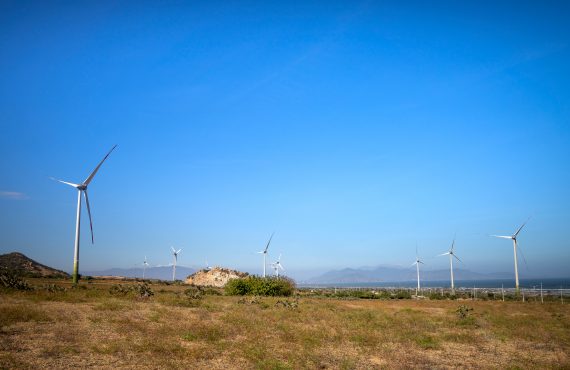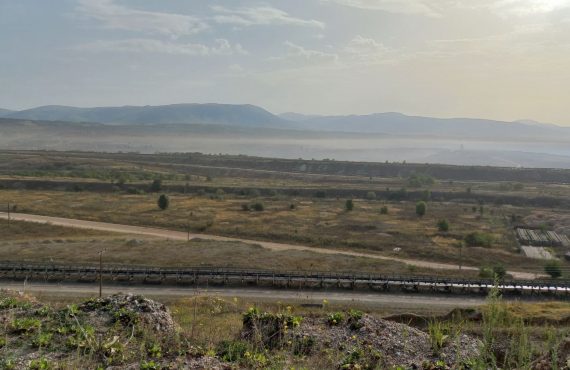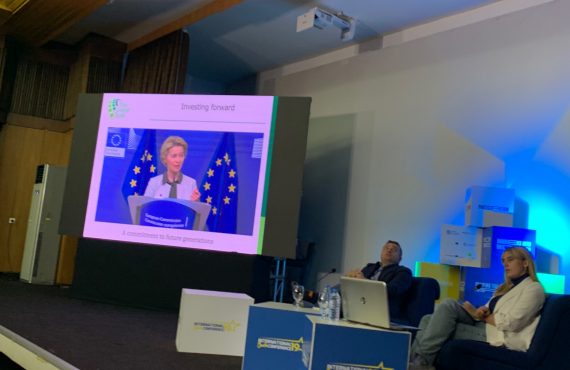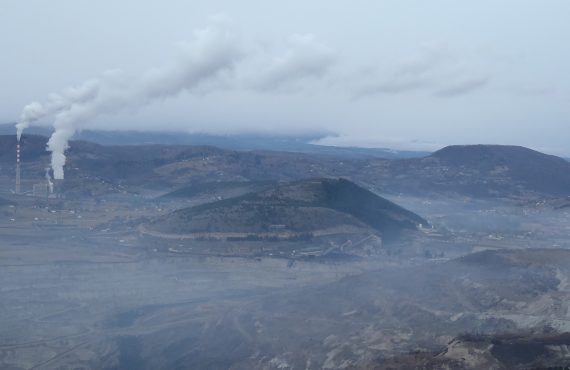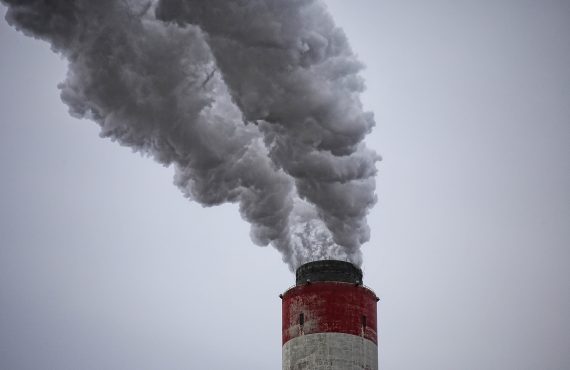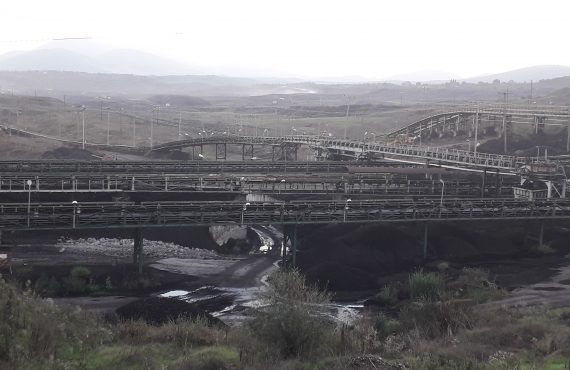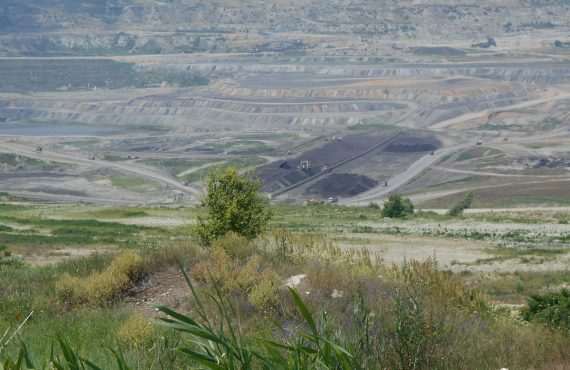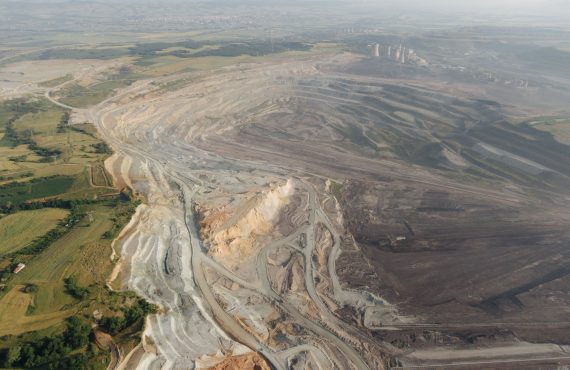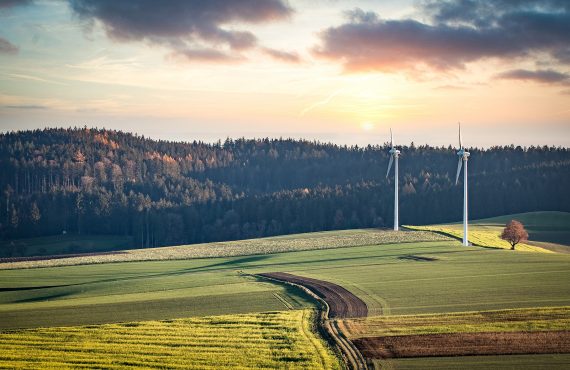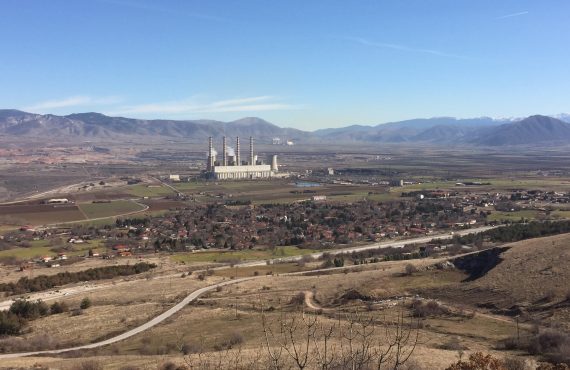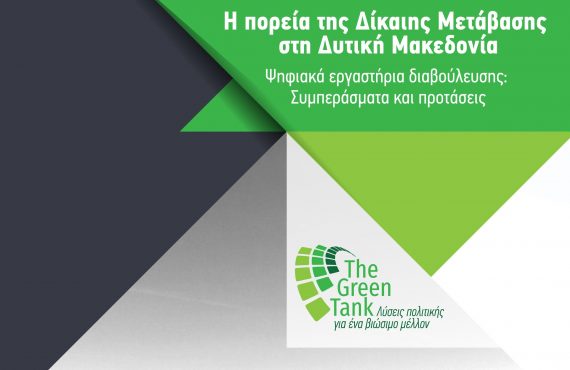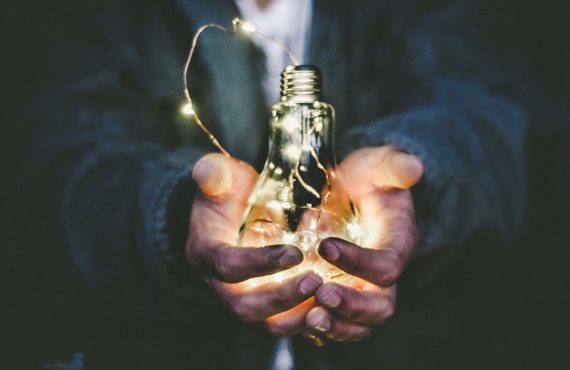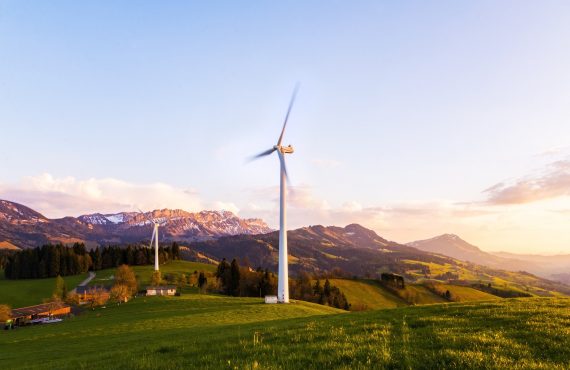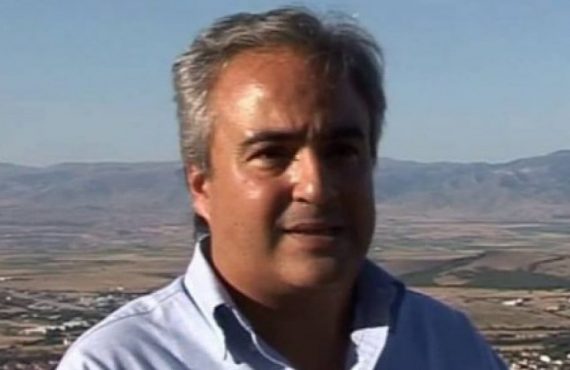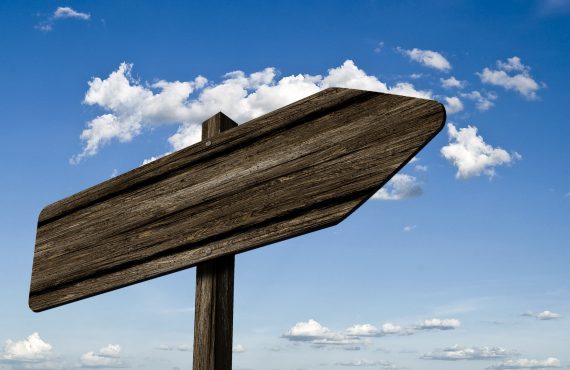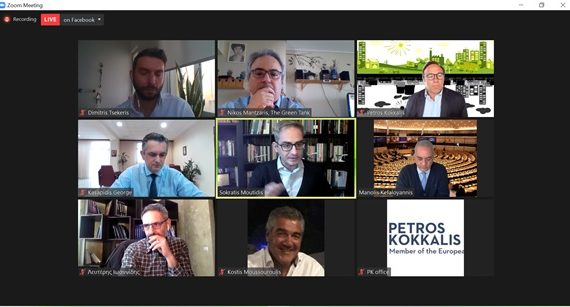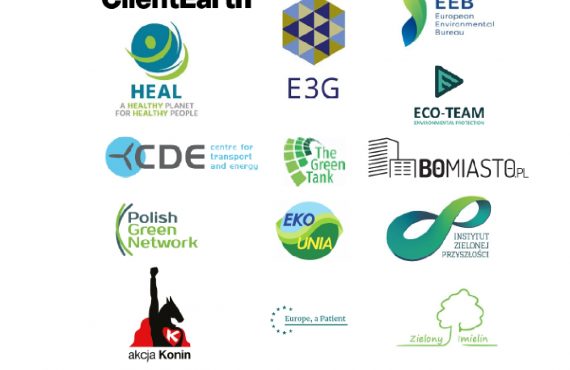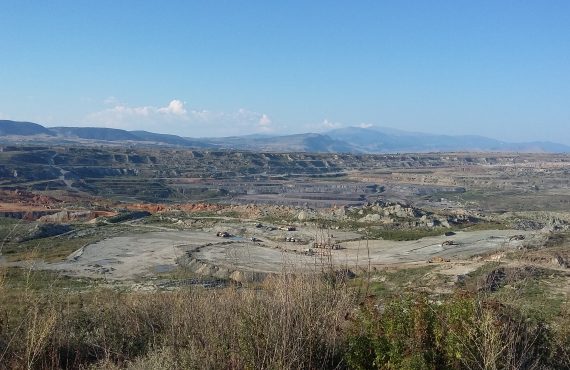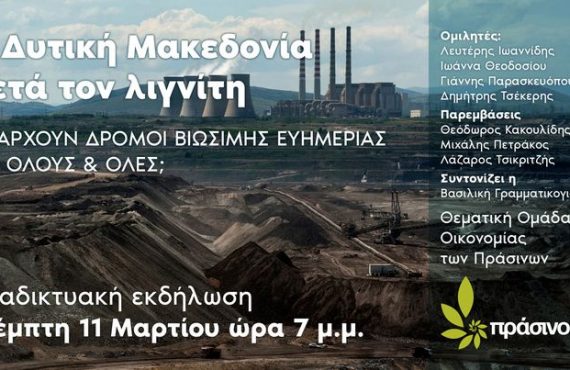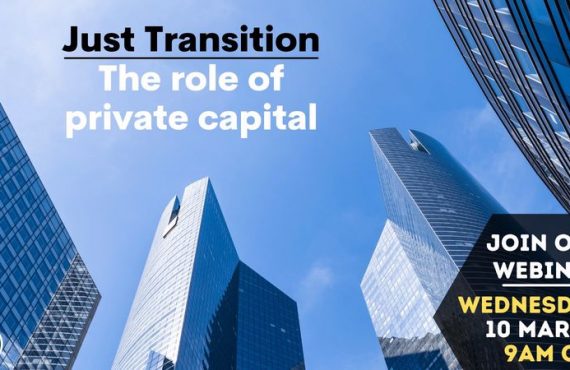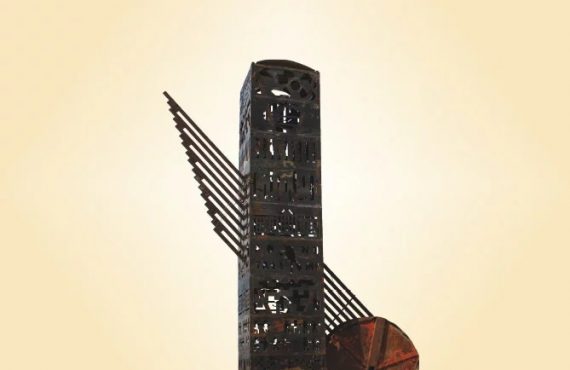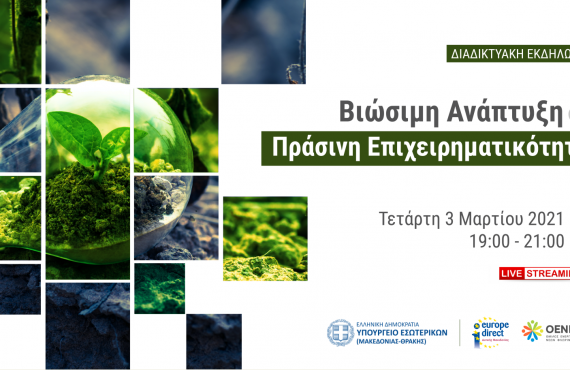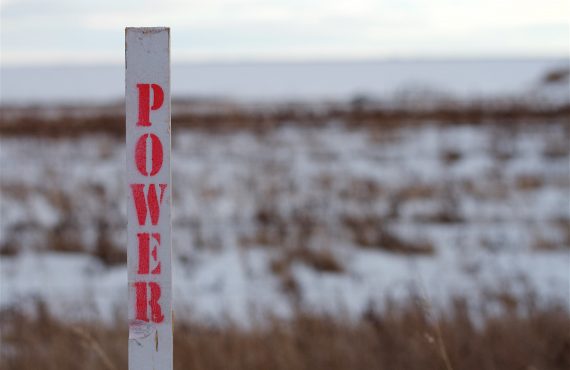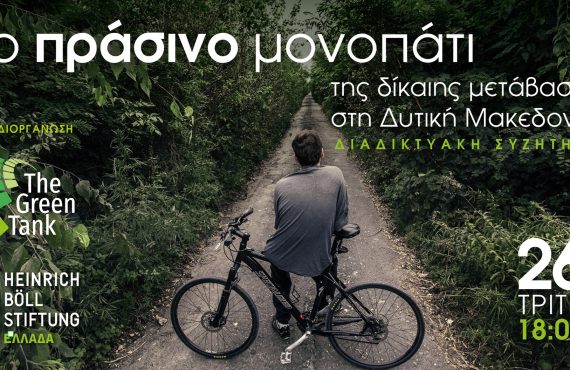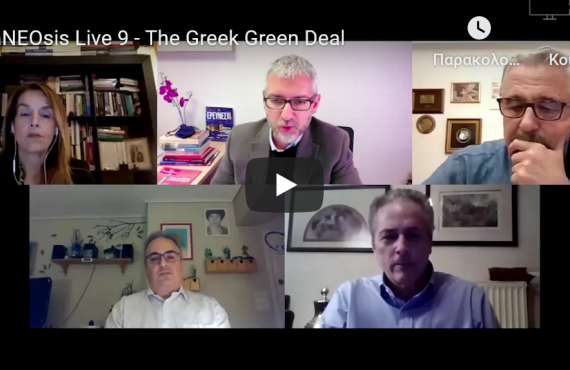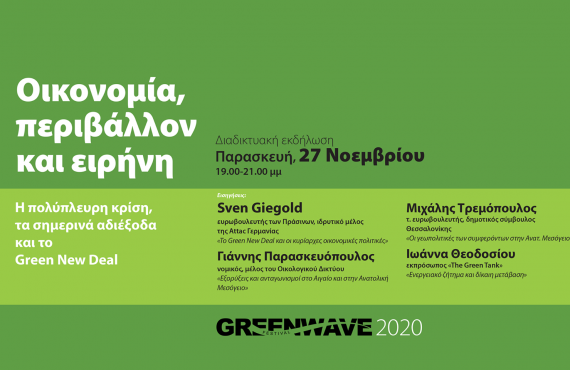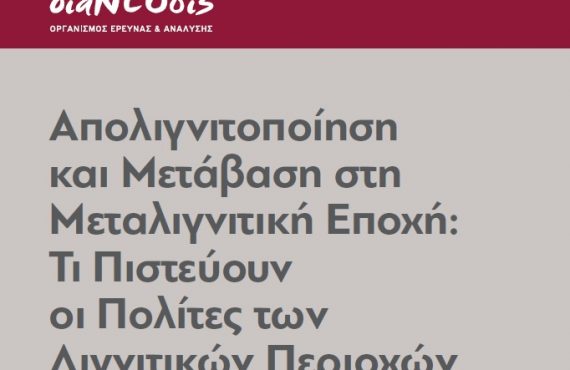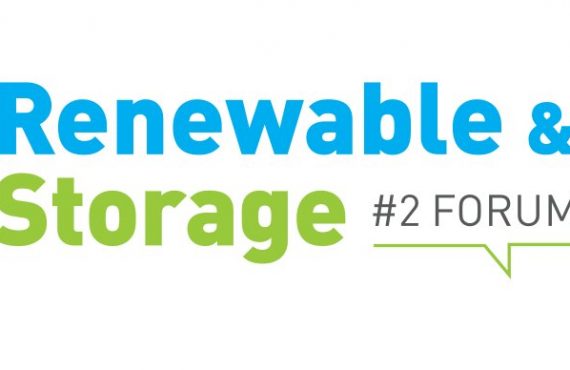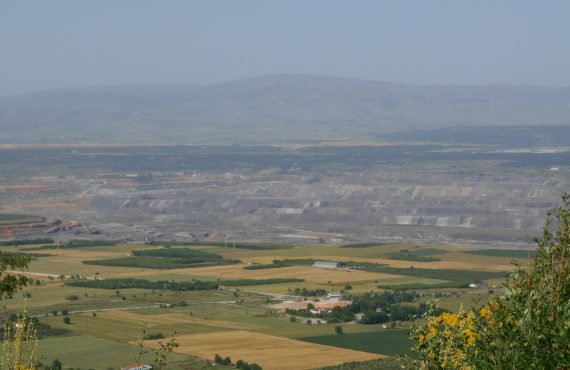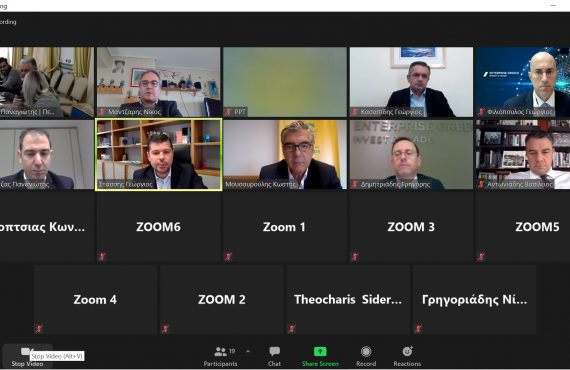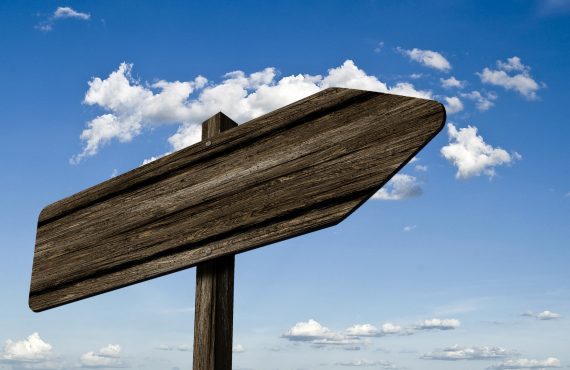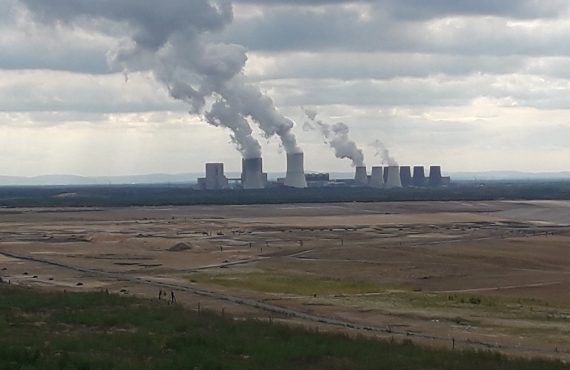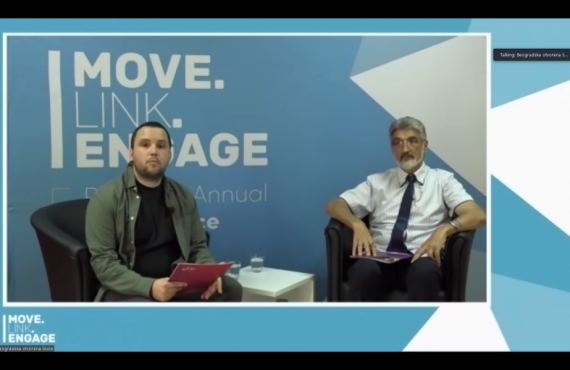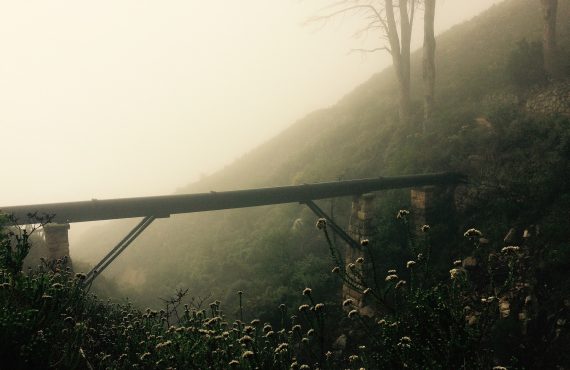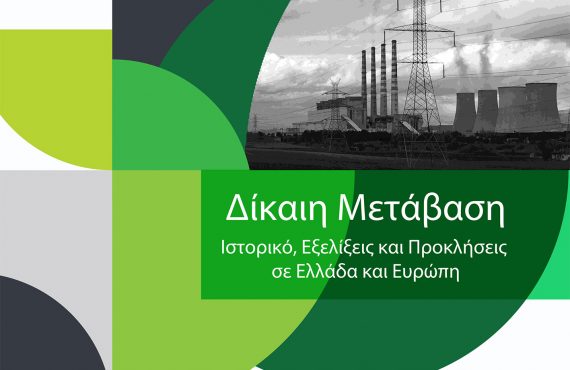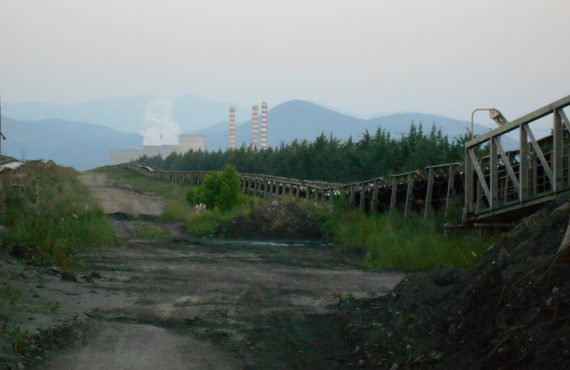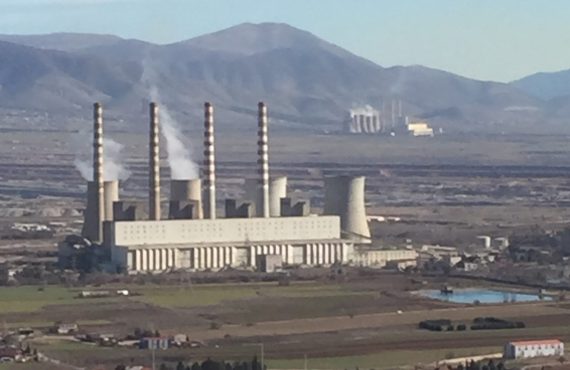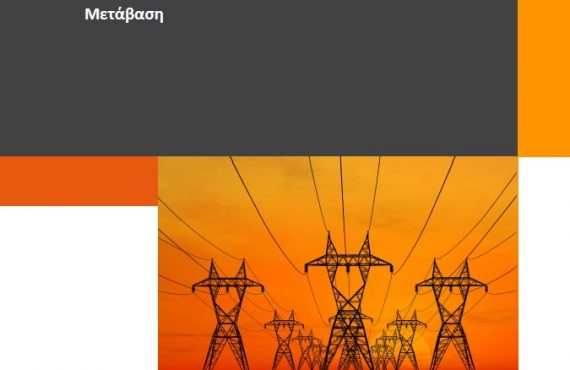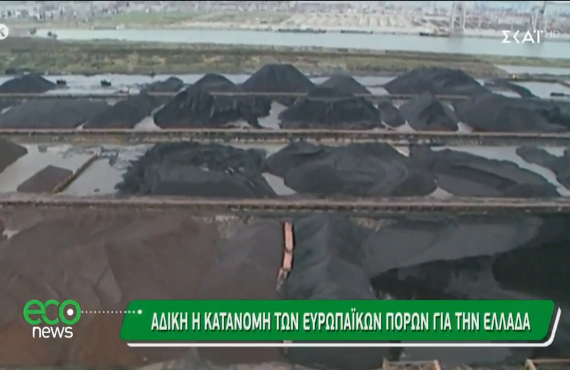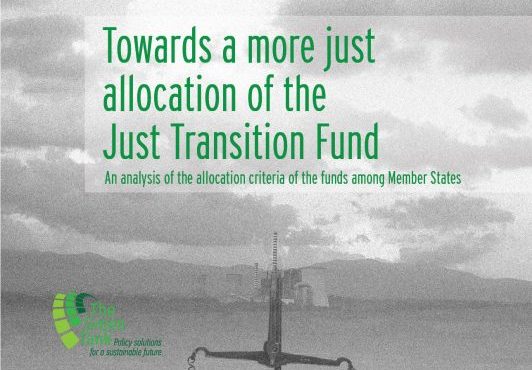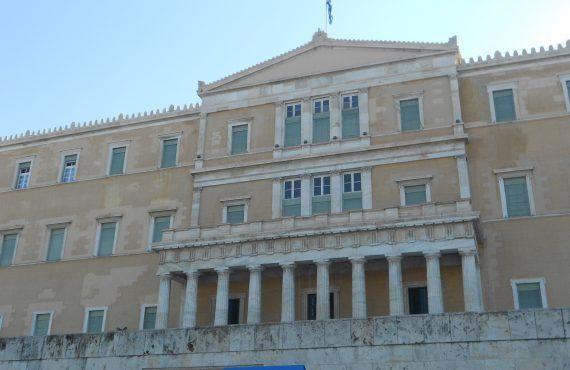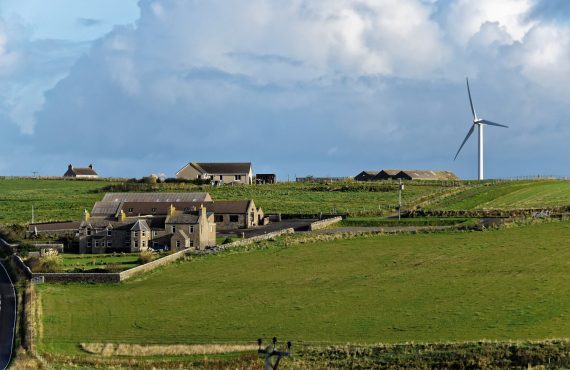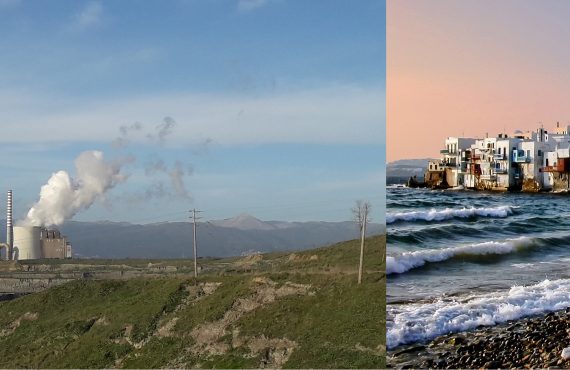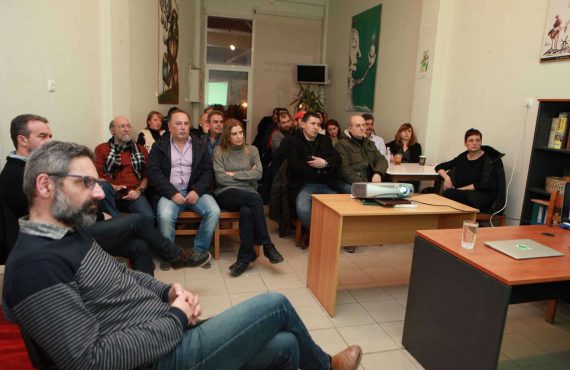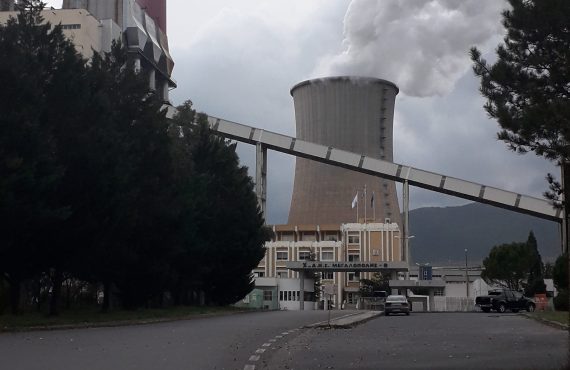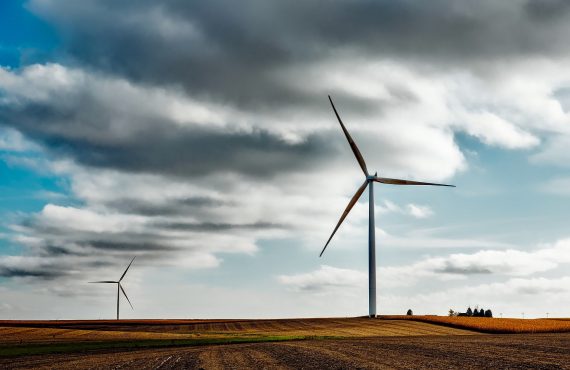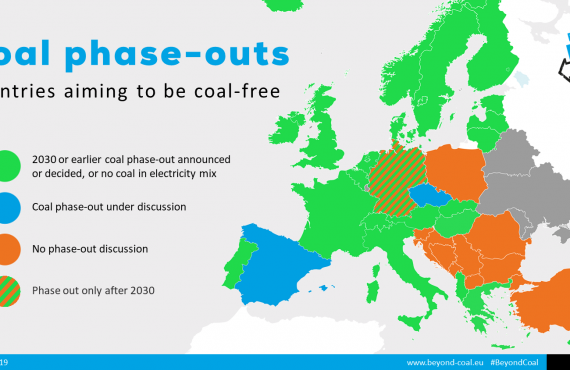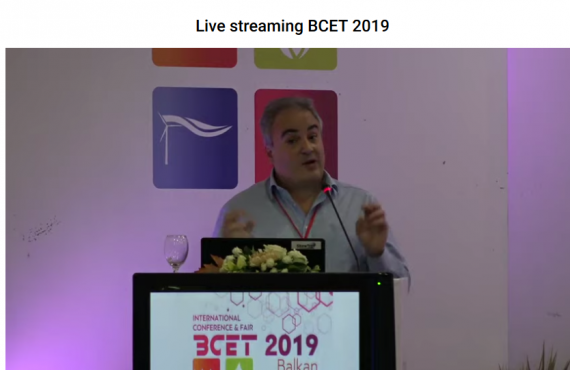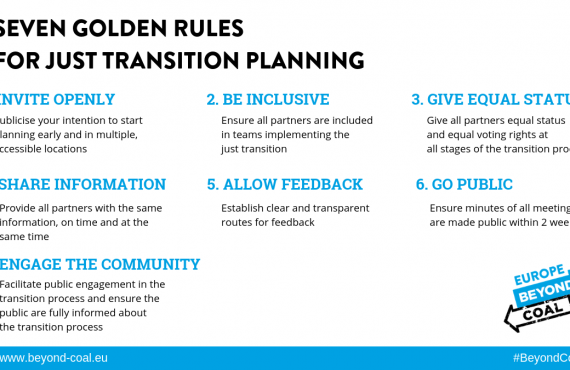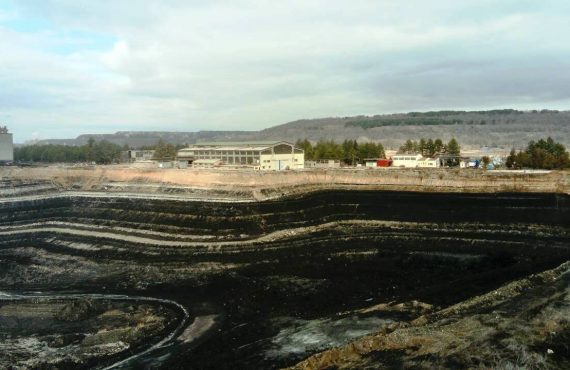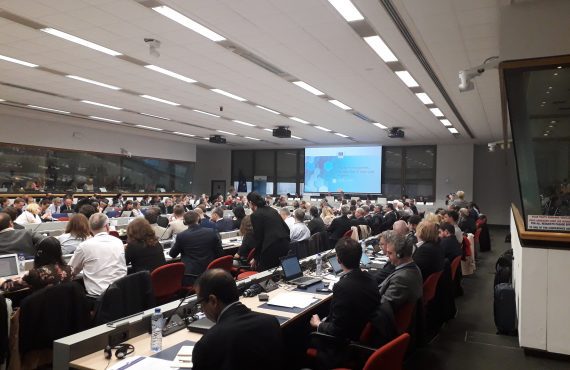As energy communities become a vital tool for citizen participation in the energy transition, both in Europe and in Greece, Ioanna Theodosiou talked to Alexandra Vaquez-Mera, The Green Fix, about how people can take control of their own energy. Noting how citizens are starting to act like prosumers, producing and consuming their own energy, she referred to cooperatives as the most common legal form that citizens choose for their collective energy schemes, “a type of entrepreneurship that creates environmental, economic and social benefit” for the local communities.
Drawing on the Greek experience where energy communities are a crucial element for regions in transition, Ioanna Theodosiou stressed how energy communities can be a valuable shield against energy poverty, and the energy crisis, and a tool for citizens’ equal participation in the energy transition.
However, the challenges are many, and originate in the lack of legal framework, the limited grid availability, the limited funding resources and the lack of technical knowledge. Policy measures both in Greece and the EU are expected to address these issues and support citizens’ initiatives for gaining active participation in a new decentralized energy model. The Renewable Energy Directive II and the Internal Electricity Market Directive are a crucial point of departure to this direction. Adding to the existing legislative framework for energy communities in Greece, the two Directives were recently transposed into the Greek national legislation, marking a new era in their development.
The interview was published on June 28, 2023 at independent climate justice newsletter The Green Fix.
More information on Greece’s energy communities can be found in The Green Tank’s Community Energy Watch.
Here follows the full text of the interview:
What are energy communities?
Energy communities are a way for citizens to produce their own clean energy collectively and promote energy democracy.
While not a new concept in Europe, energy communities have gained recognition as a vital method for citizen participation in the energy transition since the introduction of the EU’s Clean Energy package in 2019.
Why does it matter who owns the energy?
Until recently, our energy system was very centralised. It was an energy system based on fossil fuels and fossil fuel extraction. The whole system, the production and distribution of energy, is in the hands of a few companies. So we had only two actors, public and private energy companies.
But recently, we’re seeing the emergence of a third actor: citizens. Citizens today own energy projects and also benefit from its use. They have decided to become “prosumers”, producers and consumers at the same time.
Cooperatives are the most common legal form that citizens choose for their collective energy schemes. Cooperatives are a type of entrepreneurship that creates environmental, economic, and social benefit rather than financial gain.
Through energy communities, citizens cover their own energy needs and the money stays in the local economy. Energy communities have the power to tackle energy poverty, to weather the energy crisis, and to enable citizens to participate equally in the energy transition.
During the recent energy crisis, we saw that the price of energy skyrocketed, meanwhile, energy communities were able to provide more affordable power to the members of their cooperative. So it matters who owns the energy.
What are the challenges of running an energy community?
Energy communities face several challenges. The lack of a legal framework that would help their development, limited grid availability leading to difficulties in developing their projects, and limited funding sources for the operation and development of projects.
Adding to this, the energy sector demands technical knowledge and when you talk with people about energy, they say “okay, that’s for the big players, the companies know better, they have the infrastructure”. And that’s true to a point. But when people participate, they also gain this knowledge.
What at first seems like information and topics only for the experts becomes understood on the ground. We become familiar with what electricity production is, what panels are, what efficiency is, how power is measured, how much was consumed, how the grid operates.
I think the solution is policy measures that will enable the development of energy communities in all EU countries and enhance citizens’ participation in the energy market, and more people getting educated and participating in energy communities.
What’s the situation specifically in Greece?
In Greece, energy communities were already established in 2018, before the introduction of the Clean Energy package framework. Currently in Greece there are around 1,400 energy communities.
Energy communities are growing across the country, but they play a crucial role specifically in the Greek coal regions undergoing transition. The emergence of energy communities in these areas shows how the tradition of these regions as energy hubs has led citizens to collectively participate in the energy transition by developing renewable energy projects.
There is a will in local communities to participate and have direct access to the economic benefits of the transition.
What support is there for energy cooperatives in the EU?
There are two main pieces of EU legislation: the Renewable Energy Directive II and the Internal Electricity Market Directive, which provide definitions for two distinct types of energy communities, Renewable Energy Communities and Citizen Energy Communities.
It is now the responsibility of Member States to integrate these directives into national laws and take measures to support energy communities in accordance with European regulations.
However, there are still significant challenges, particularly regarding funding and grid availability. While dedicated funding exists for energy communities in coal regions through the European just transition fund and national resources from the auctioning of CO2 allowances in Greece, there is a lack of a comprehensive funding scheme throughout the country.
The establishment of a development fund specifically for energy communities would be beneficial.
Another major obstacle is the insufficient availability of the grid, resulting in the rejection of nearly 50% of the energy community requests.
I want to start an energy community! But err.. how?
The first step is to find people to work together, to create a team. You need people who share your same goals and mindset and needs, i.e. we all want to heat our homes in a sustainable way.
Then you have to decide which legal form best suits the needs of the group. Once you have the legal form, you become a legal entity, and you try to find funds. You can also open your entity to your community, collaborating with your municipality or small or medium businesses.
The European Commission’s repository provides more information on this topic. Additionally, each member state has a focal point for energy communities. It’s important to note that not all European countries have implemented national support systems for Renewable Energy Communities (RECs), as tracked by REScoop.
People need tools, not only ambition. You have to convince policymakers and municipalities to help make it possible. Local communities need to be included in the bigger discussion about a sustainable future. They’re key stakeholders in the transition, and energy communities can open up that dialogue.




